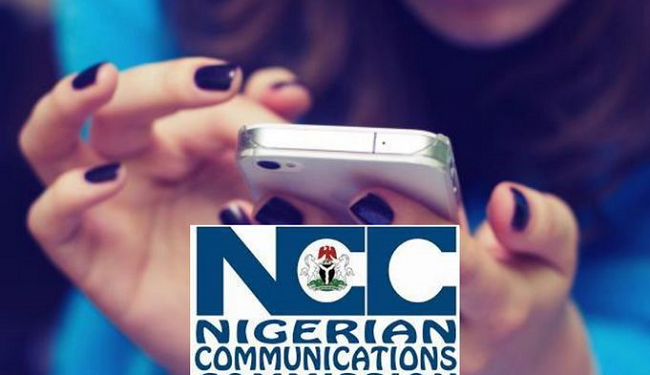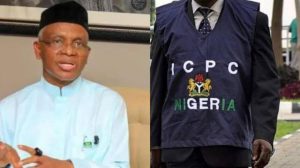
by Godwin Orozo-
The Nigerian Communications Commission (NCC) has issued a new directive mandating that all charges for banking services conducted via USSD (Unstructured Supplementary Service Data) must now be deducted from customers’ mobile airtime—ending years of deductions from their bank accounts.
This shift marks a significant development in the protracted dispute between Deposit Money Banks (DMBs) and telecom operators over an estimated N250 billion in unpaid USSD service charges.
In a statement to its customers on Tuesday, June 3, 2025, United Bank for Africa (UBA) confirmed its immediate compliance with the directive.
“In line with the directive of the Nigerian Communications Commission, please be informed that effective June 3, 2025, charges for USSD banking services will no longer be deducted from your bank account,” UBA stated in an email.
The bank explained that under the new End-User Billing model introduced by the NCC, each USSD session will incur a fee of N6.98 per 120 seconds. This amount will be charged directly by mobile network operators and deducted from the customer’s airtime balance.
Crucially, users will now receive a prompt at the beginning of each USSD session to give their consent before any deduction is made. Charges will only apply once the user confirms and the bank is available to process the transaction.
“This model is designed to bring transparency and accountability to the process,” said an NCC official who requested anonymity. “It ensures that telcos are paid directly, removing the ambiguity that has stalled settlements in the past.”
Customers who do not wish to participate in the airtime-based billing are being advised to discontinue using USSD and migrate to alternative digital platforms like mobile apps and internet banking.
The directive follows months of tension between telecom operators and banks. In January 2025, the NCC had directed mobile network operators to disconnect USSD short codes assigned to nine banks over unpaid debts, setting a deadline of January 27. The dispute had reached a boiling point, with telecom firms threatening to halt USSD services altogether if the debt impasse wasn’t resolved.
Telecom providers have long argued that banks were profiting from USSD-based financial services without remitting the appropriate service charges.
“This new system is a win for transparency,” said a telecom executive familiar with the matter. “For years, we’ve delivered a service and gotten no payment. Billing via airtime ensures payment at the point of use.”
However, concerns are emerging about the impact of this change on financially vulnerable customers. Analysts warn that requiring airtime may reduce USSD usage among low-income users who depend on the service but may not always have airtime credit.
“Many rural and low-income users rely on USSD because they lack smartphones or stable internet,” said Bola Oke, a financial inclusion expert. “If airtime becomes a barrier, we risk reversing gains in financial inclusion.”
Customers using popular USSD codes such as *919# (UBA), *737# (GTBank), and others must now ensure they have sufficient airtime to perform transactions.
The NCC and the Central Bank of Nigeria (CBN) have stated that the move is part of broader efforts to resolve longstanding frictions in the digital payments ecosystem while protecting the interests of all stakeholders.




